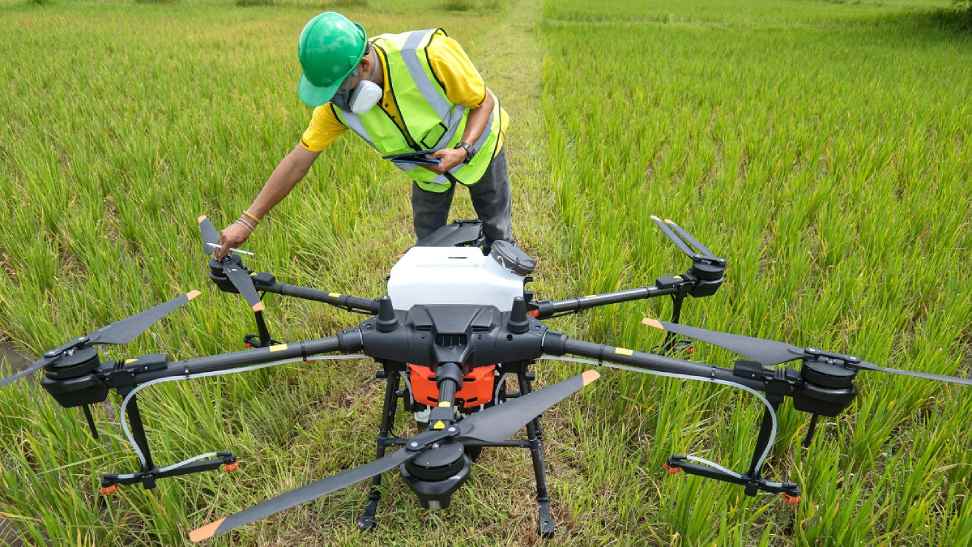100exch, Matchexch9, Laser 247.com: Farming practices have been deeply rooted in tradition for centuries, but this very tradition can present challenges in modern times. One major issue faced in traditional agriculture is the reliance on conventional pesticides and synthetic fertilizers. While these chemicals aid in crop production, overuse can lead to soil degradation and water pollution, ultimately harming the environment and human health.
Another obstacle is the lack of diversity in crops grown. Traditional agriculture often focuses on a few main cash crops, which can lead to soil nutrient depletion and increased susceptibility to pests and diseases. Monocropping, in particular, can disrupt the natural ecosystem and reduce biodiversity, making the entire system more vulnerable to external threats such as climate change and extreme weather events.
Benefits of Sustainable Agriculture
Sustainable agriculture offers a range of advantages that align with the needs of both farmers and the environment. By implementing sustainable practices such as crop rotation, integrated pest management, and conservation tillage, farmers can improve soil health and fertility over time. This results in increased crop yields, reduced dependency on synthetic fertilizers and pesticides, and enhanced resilience to climate change.
Another key benefit of sustainable agriculture is its positive impact on the environment. By prioritizing practices that promote biodiversity and ecosystem health, farmers can help maintain critical habitats for wildlife and preserve natural resources for future generations. Additionally, sustainable agriculture plays a crucial role in mitigating greenhouse gas emissions and reducing the overall carbon footprint of food production.
Innovative Technologies in Agriculture
99 Exchange, Big Exchange ID, Maxwin9: In recent years, the agricultural sector has witnessed a rapid integration of innovative technologies to enhance efficiency and productivity. From precision farming techniques to the use of drones for crop monitoring, technology is revolutionizing the way farmers approach their work. These advancements allow for better decision-making based on real-time data, ultimately leading to increased yields and cost savings for farmers.
Another key technological development in agriculture is the adoption of automated machinery and robotics. These machines have the capability to perform tasks such as seeding, weeding, and harvesting with precision and consistency. By reducing the need for manual labor, farmers can streamline their operations and maximize output while minimizing the environmental impact of their practices.
� Precision farming techniques and drones are being used for crop monitoring
� Real-time data allows for better decision-making leading to increased yields and cost savings
� Automated machinery and robotics can perform tasks such as seeding, weeding, and harvesting with precision
� Reduced need for manual labor helps farmers streamline operations and maximize output
What are some challenges in traditional agriculture?
Some challenges in traditional agriculture include limited access to resources such as water and land, reliance on chemical pesticides and fertilizers, and vulnerability to climate change.
What are the benefits of sustainable agriculture?
Sustainable agriculture offers benefits such as improved soil health, reduced environmental impact, increased biodiversity, and long-term economic viability for farmers.
What are some examples of innovative technologies in agriculture?
Some examples of innovative technologies in agriculture include precision farming, drones for crop monitoring, smart irrigation systems, and vertical farming.
How can innovative technologies help address challenges in traditional agriculture?
Innovative technologies can help address challenges in traditional agriculture by increasing efficiency, reducing resource usage, improving yields, and promoting sustainable practices.
What are the potential drawbacks of adopting innovative technologies in agriculture?
Potential drawbacks of adopting innovative technologies in agriculture include high initial costs, the need for specialized training, potential job displacement, and concerns about data privacy and security.

